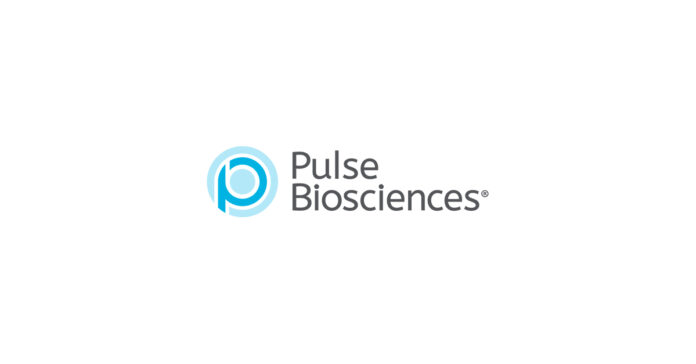HAYWARD, Calif.– Pulse Biosciences, Inc. (Nasdaq: PLSE) said Monday it has received U.S. Food and Drug Administration (FDA) approval of its Investigational Device Exemption (IDE), clearing the company to begin a clinical study of its nsPFA Cardiac Surgery System for the treatment of atrial fibrillation (AF).
The NANOCLAMP AF study, a single-arm prospective trial, will evaluate the safety and effectiveness of the system in patients undergoing concomitant surgical procedures. The company plans to enroll up to 136 patients at as many as 20 sites, including two outside the United States. Details will be posted on clinicaltrials.gov.
“This FDA IDE approval is a major milestone for Pulse Biosciences,” said Paul LaViolette, co-chairman and CEO. “Pulse Biosciences is the first company to advance pulsed field ablation into the cardiac surgical field for AF.”
The nsPFA Cardiac Clamp delivers continuous, linear, full-thickness ablations using the company’s nonthermal Nanosecond Pulsed Field Ablation technology. Unlike radiofrequency or other thermal ablation approaches, nsPFA is designed to minimize collateral tissue damage while offering faster and more consistent results.
Dr. Niv Ad, chief science officer for cardiac surgery, said early feasibility data from Europe provided confidence to move forward. “We believe nsPFA’s novel nonthermal mechanism offers significant safety, effectiveness and speed improvements over current thermal modalities,” he said.
More than 40 patients have already been treated in the company’s first-in-human feasibility study in the Netherlands, with surgeons reporting rapid ablation times—sometimes as short as 2.5 seconds—and consistent outcomes. Pulse Biosciences expects to expand the European trial through 2025 and will showcase findings at the European Association for Cardio-Thoracic Surgery meeting in Copenhagen this October.
Dr. Gan Dunnington, chief medical officer for cardiac surgery, added that nsPFA could encourage broader adoption of surgical cardiac ablation. “The ability to achieve full thickness, contiguous, durable lesions with reduced ablation times highlights the unique clinical value of nsPFA technology,” he said.
The device received FDA Breakthrough Device Designation in July 2024 and is also enrolled in the FDA’s Total Product Life Cycle Advisory Program.


